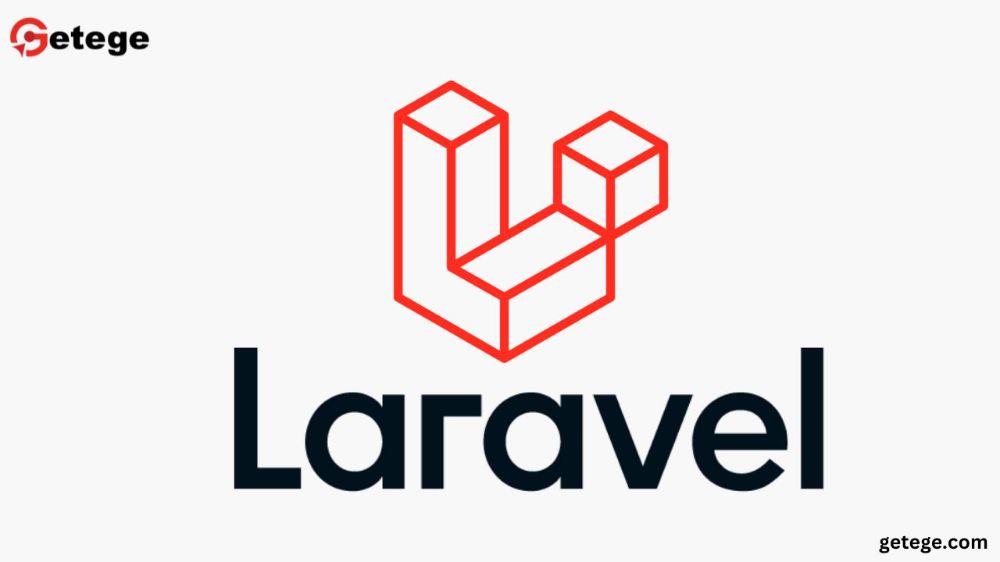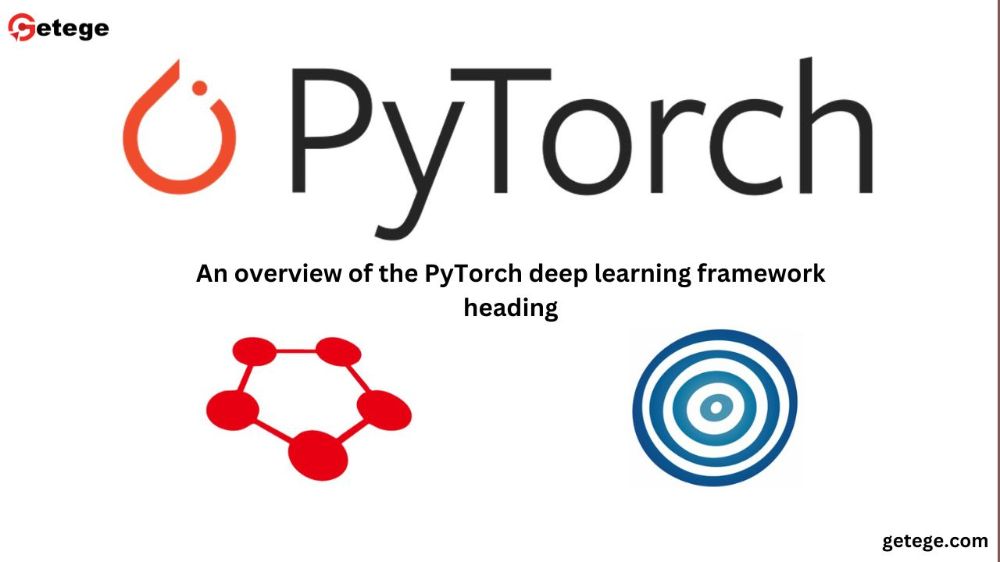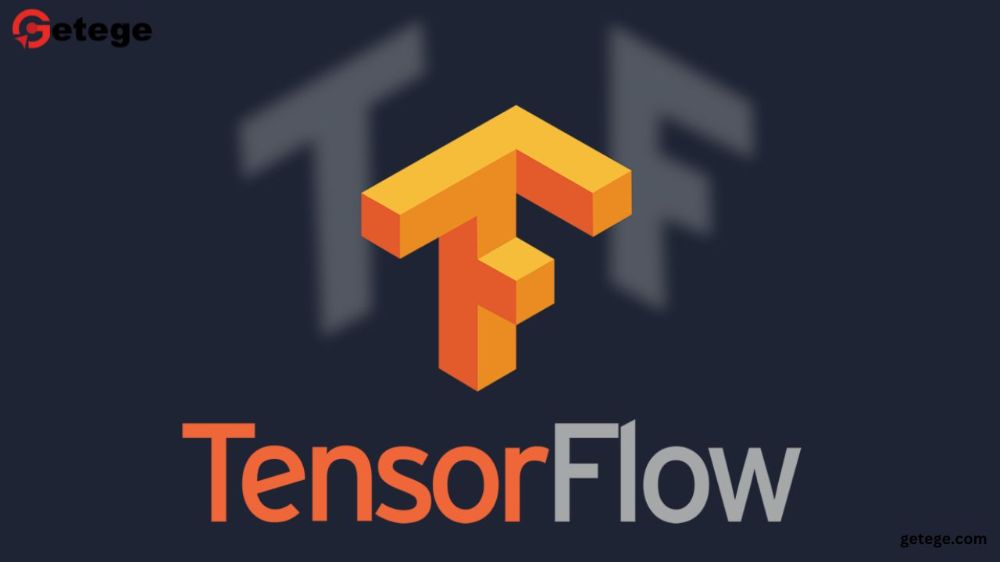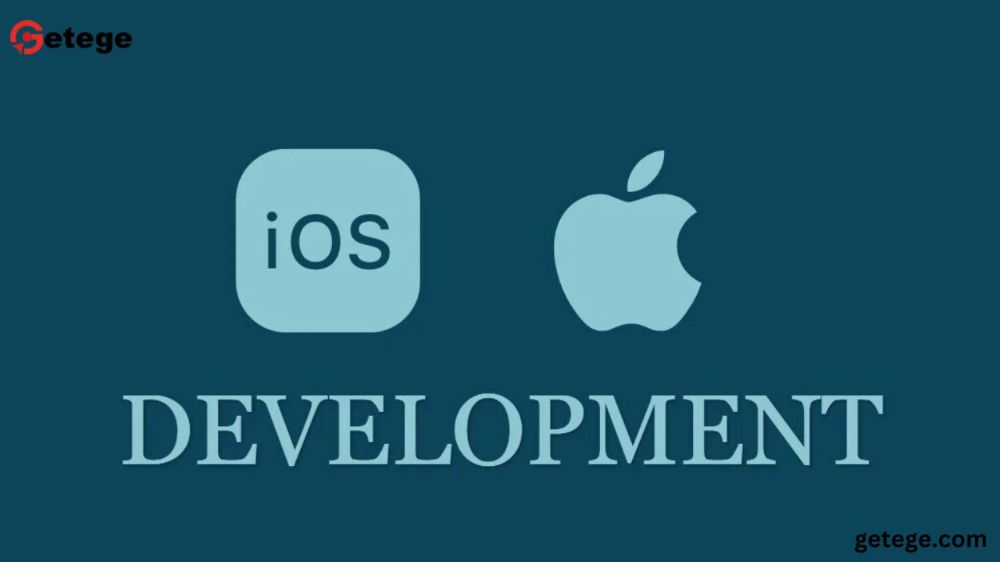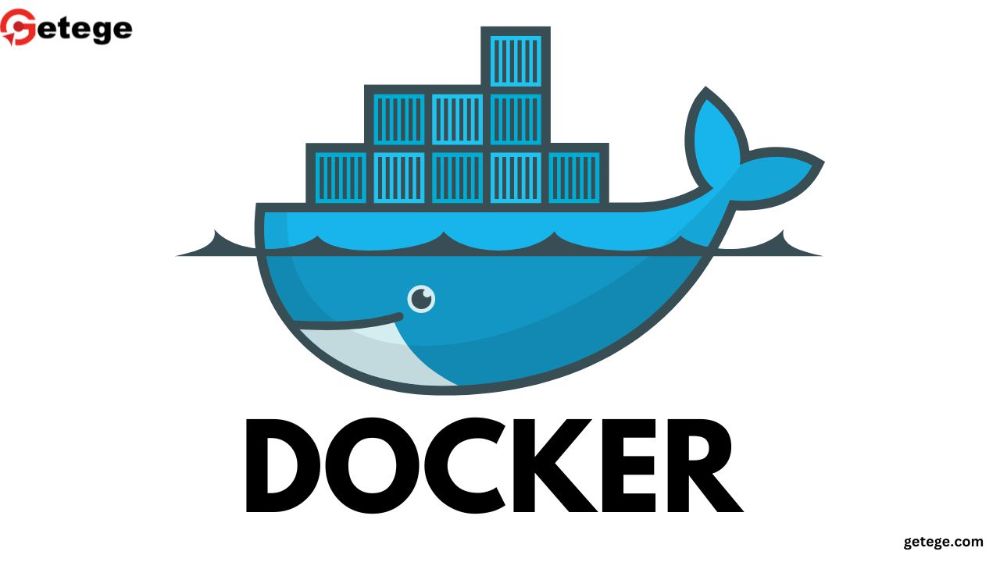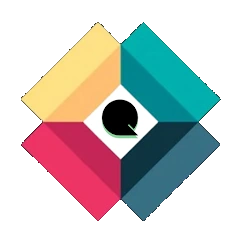A Complete Guide to Laravel: The PHP Framework for Web Artisans
Laravel is a free, open-source PHP framework designed to make web development easier and more efficient. Since its inception in 2011, it has quickly become one of the most popular PHP frameworks among developers. Laravel is known for its simplicity, speed, and powerful tools that make building modern web applications an enjoyable experience. Whether you're a beginner or an experienced developer, Laravel’s elegant syntax and wide range of features help you create robust web applications efficiently.
What is Laravel?
Laravel is a web application framework written in PHP that follows the Model-View-Controller (MVC) architectural pattern. Created by Taylor Otwell in 2011, Laravel aims to make the development process faster and more efficient. It offers a range of built-in tools and an expressive, elegant syntax, allowing developers to focus on building the application rather than reinventing the wheel.
The framework simplifies many common tasks such as routing, authentication, and database interactions, providing a powerful and flexible structure to build everything from small web projects to large-scale enterprise applications.
Key Features of Laravel
1. Elegant Syntax
It allows developers to write code that is easy to read and maintain, simplifying complex tasks like routing, authentication, and database queries.
2. Blade Templating Engine
Laravel includes a powerful templating engine called Blade. Blade helps developers separate logic from presentation, making it easier to maintain large-scale applications. It also provides features like template inheritance and section management, making the front-end development process smoother.
3. Eloquent ORM (Object-Relational Mapping)
Eloquent ORM is Laravel’s built-in ORM that simplifies database interactions. With Eloquent, developers can work with databases using PHP syntax instead of writing complex SQL queries. Eloquent also supports relationships between tables, enabling easy management of data relations.
4. Artisan CLI
Laravel’s command-line interface, Artisan, helps automate repetitive tasks. Developers can use Artisan to create controllers, models, and even migrations. It increases productivity by simplifying routine tasks such as seeding databases, running tests, and generating boilerplate code.
5. Routing System
Laravel provides a flexible routing system that makes it easy to define routes for your application. The framework supports both simple and complex routing structures, including route grouping, parameter handling, and middleware usage.
6. Security
Laravel includes several built-in security features to protect applications from common web vulnerabilities like SQL injection, cross-site scripting (XSS), and cross-site request forgery (CSRF). The framework also handles password hashing, encryption, and secure authentication out of the box.
7. Testing
Laravel encourages testing as part of the development process. It offers built-in testing support, allowing developers to write unit tests and run them easily, ensuring that their code works as expected before deployment.
Why Should You Use Laravel?
1. Ease of Use
Laravel simplifies common web development tasks, allowing developers to focus on building core functionalities. With its expressive syntax and easy-to-use features, Laravel reduces the complexity of coding, making it beginner-friendly.
2. Large Community and Resources
There are countless tutorials, forums, and resources available for solving issues and learning new techniques. Whether you’re stuck on a problem or looking for advice on best practices, the Laravel community is there to help.
3. Rapid Development
Laravel is built for speed. Features like the Artisan CLI, Eloquent ORM, and Blade templating engine are designed to speed up the development process. Whether you’re creating a simple blog or a complex e-commerce site, Laravel’s tools allow you to build applications faster.
4. Modular and Scalable
Laravel is highly modular, meaning you can build small projects and easily scale them up as needed. The framework’s modular architecture makes it possible to add or remove features with minimal effort, ensuring that your application grows with your needs.
5. Robust Security
Security is one of Laravel’s key strengths. The framework’s security features protect against the most common web vulnerabilities, such as SQL injection, XSS, and CSRF, giving developers peace of mind when building secure applications.
